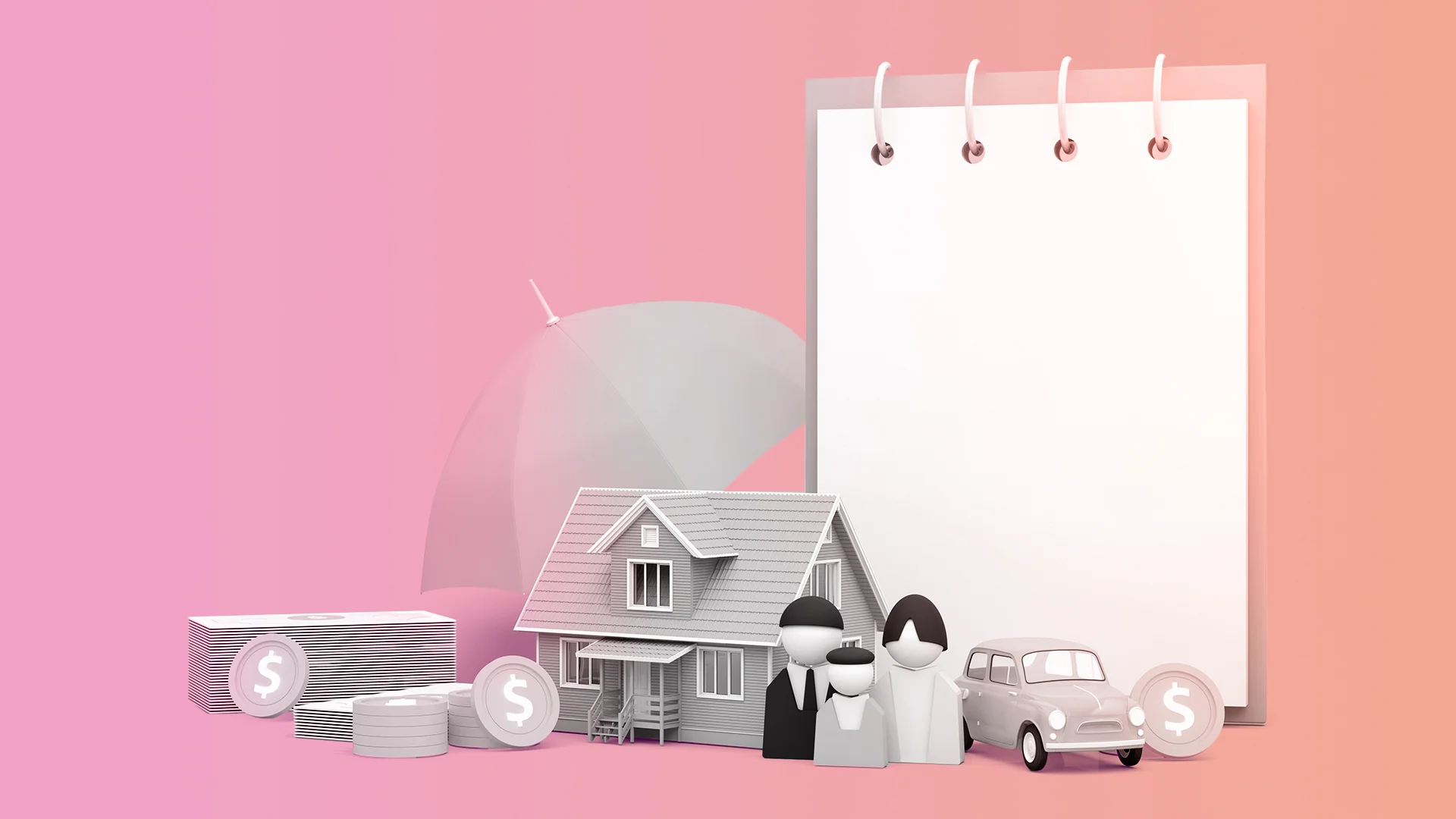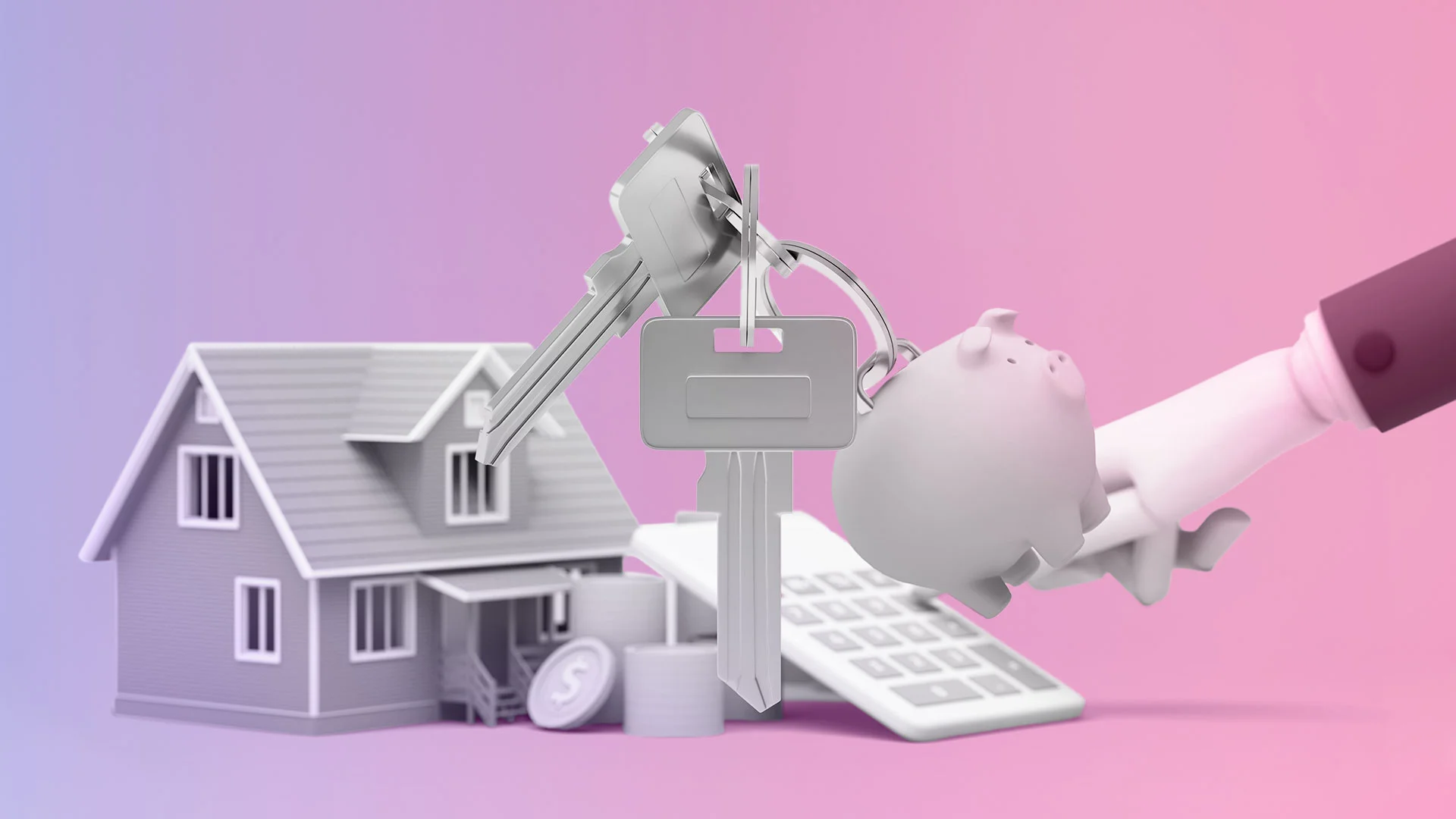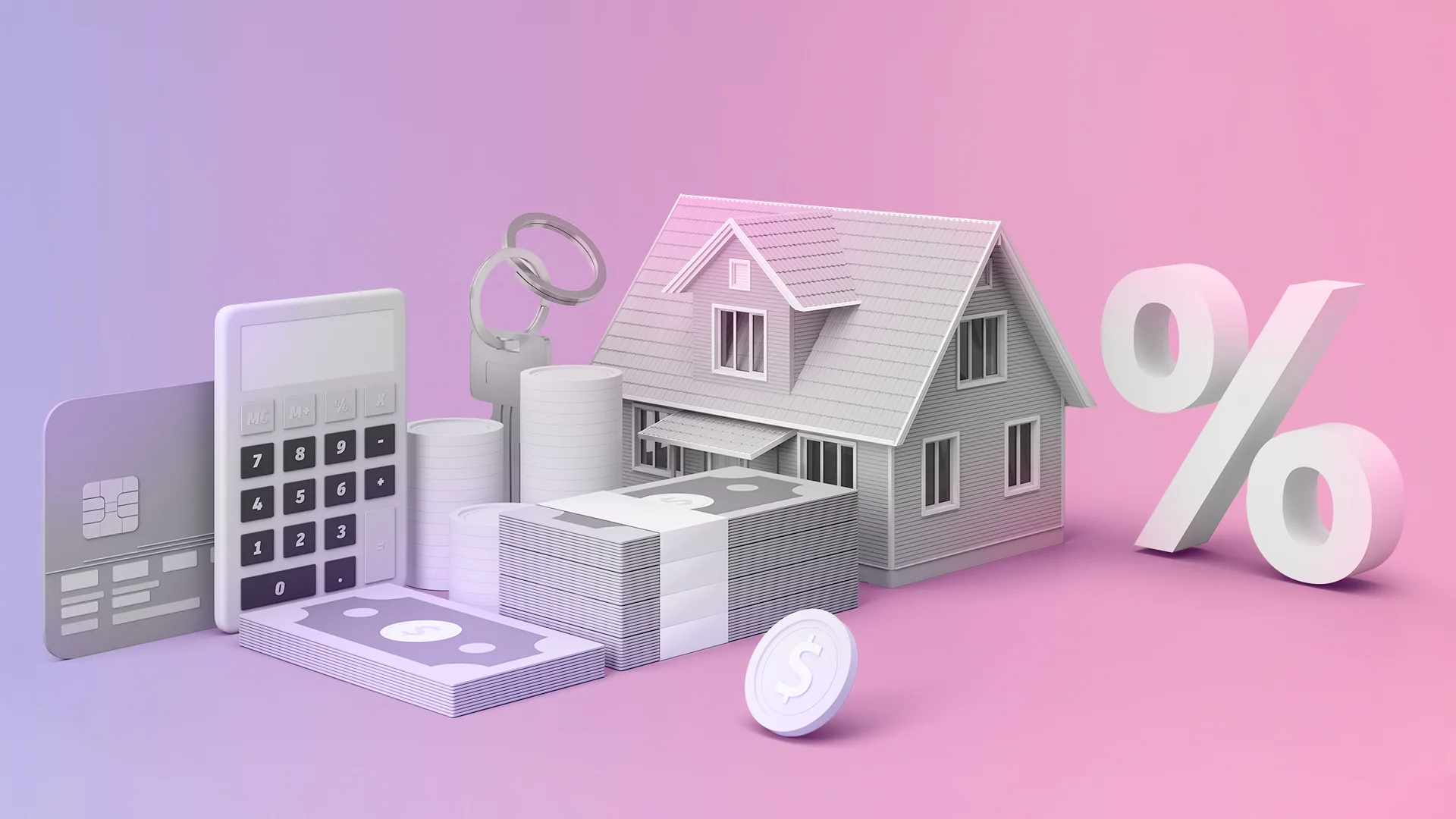What Are Government Fees?
There may be a number of fees and costs involved when refinancing your home or purchasing a home which include government fees.
There may be a number of fees and costs involved when refinancing or taking out a new home loan. However, we believe your home loan should work for you, not against you, that’s why we don’t charge fees such as:
- Application fees
- Settlement fees
- Account bank fees
- Account keeping fees
- Transaction fees
- Discharge account closure fees
- Discharge settlement fees
However, government charges may apply. These may include:
- Mortgage registration fee
- Mortgage discharge fee
- A Transfer Fee
- Transfer Duty (also known as Stamp Duty)
What is a mortgage registration fee?
A mortgage registration fee is charged by state and territory governments, and cover the costs to register the security for a home loan. It officially registers the physical property as the security on your home loan.
What is a mortgage discharge fee?
A mortgage discharge fee may be charged by your existing lender when you’re refinancing your home loan to us. This releases the title from your existing mortgage for you to register a new mortgage on the title.
What can I expect to pay?
So what are fees required by the Australian government? The cost of the mortgage registration & discharge fee varies depending on which state or territory you live in. Here’s what you can expect to pay:
We do our best to keep this information up to date, as these fees are subject to change. We recommend checking with the relevant state or territory government body to confirm the current fee. If you choose to settle with Unloan, the current fee at time of the settlement will apply.
What is a transfer fee?
A transfer fee is charged by state and territory governments to transfer the property title from one owner to another.
What is transfer duty?
Transfer Duty (also known as Stamp Duty) is a government tax that typically needs to be paid within 30 days of settlement. Factors that determine how much stamp duty you pay include:
- The state or territory in which your property is built
- The price of your property
- If you're a first home buyer or investor
Transfer duty is often the biggest cost after your deposit and mortgage, so it's important to take this into account when deciding if you can afford a property.
Learn more about fees involved when purchasing and refinancing, and upfront costs and charges imposed that are associated with buying a home.
This article is intended to provide general information only. It does not have regard to the financial situation or needs of any reader and must not be relied upon as financial product advice. Please consider seeking financial advice before making any decision based on this information.




















































